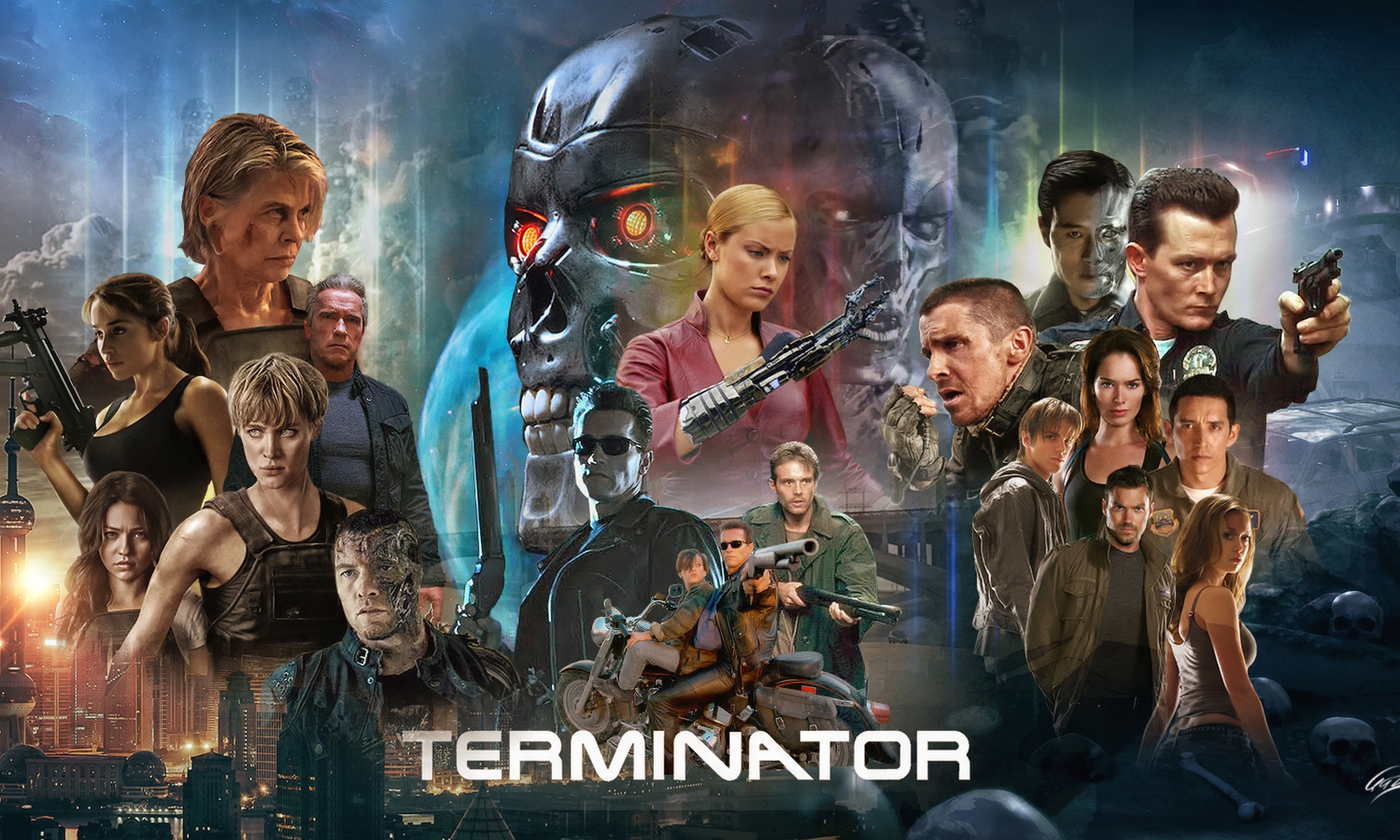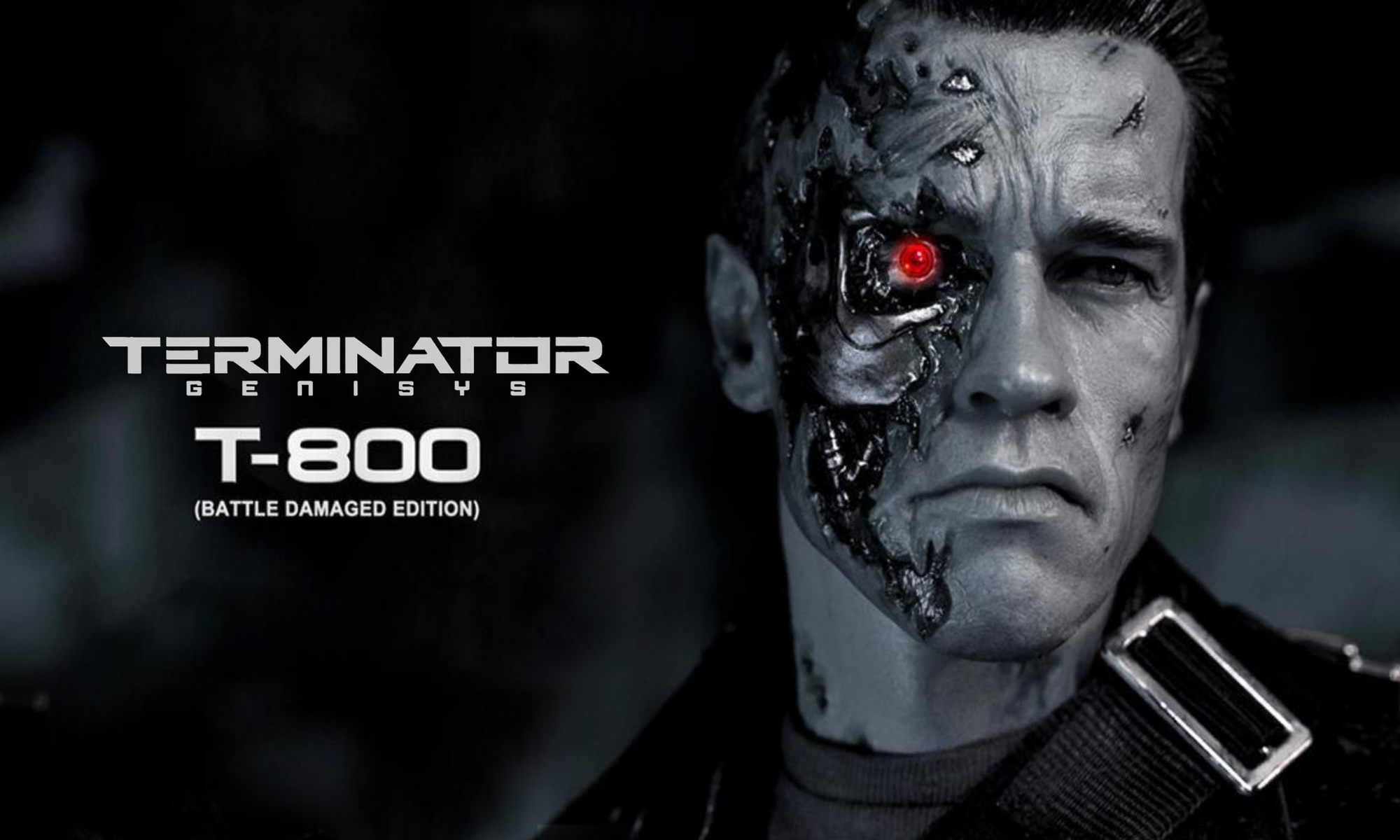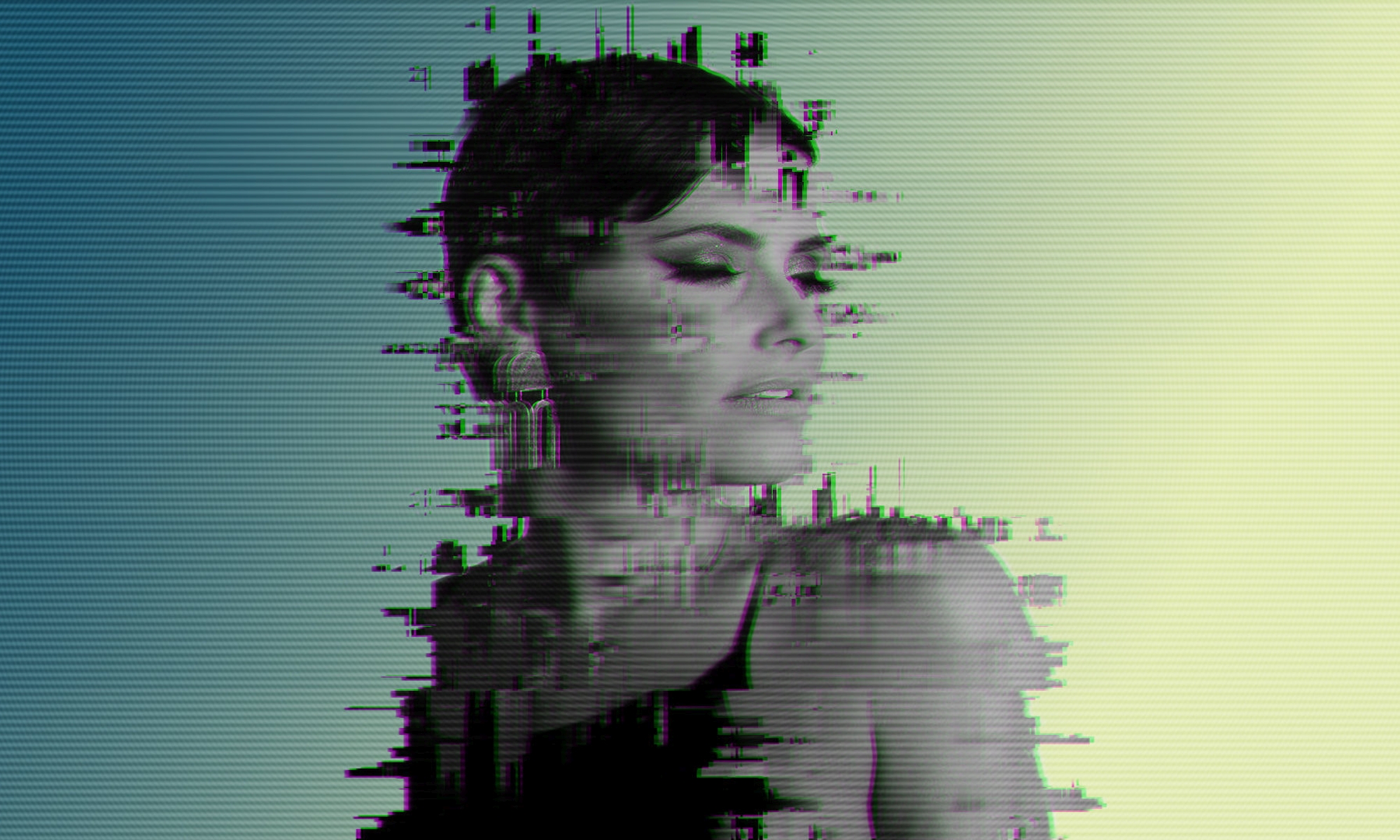Arnold Schwarzenegger, sitting with a rare moment of reflection, taps his fingers on the table. His mind drifts back to the T-800, the character that made him iconic. He thinks of the neural net processor, the “brain” of the Terminator—a marvel of artificial intelligence, designed to learn, adapt, and calculate at speeds no human brain could match. But today, Arnold’s thoughts are drifting in a new direction.
“Yeah, I’ve been part of those futuristic models, right?” he begins, his voice steady, as if musing aloud to himself. “The T-800 had its neural net processor, a brain chip that allowed it to make decisions in real-time, to process data faster than any human could. But there’s something even more powerful out there… something even more advanced than the machines we’ve built.”
He leans back, looking off into the distance. “DNA computing. It’s the next frontier. Think about it—one gram of DNA can hold 250 million gigabytes of information. That’s like a storage system that can fit the entire world’s data into a single cell. It’s mind-boggling.”
Arnold’s face softens, a hint of curiosity creeping in. “Maybe it’s time we stop thinking of humans as obsolete designs. Maybe we’re not as outdated as we think. We’re made of this incredible genetic code that can store, process, and adapt just like any computer—only it’s more efficient. We don’t need to upload ourselves into a machine or enhance our bodies with metal and chips. We’ve got the most powerful computer system already built into us: our own DNA.”
He pauses, as though mulling over the deeper implications of this revelation. “For years, people talked about how machines would make humans obsolete, how artificial intelligence would surpass human intelligence. But if we really dig into it, maybe the human design is more complex, more powerful than we ever realized. Maybe the future isn’t about replacing us with machines—it’s about unlocking the full potential of what we already are.”
Arnold’s gaze hardens with conviction. “I’ve always believed in human strength, in the ability to push beyond limitations. And now, I think that strength might lie in our biology, in our natural capacity to adapt, evolve, and transcend the designs we’ve made for ourselves.”
He smirks slightly, as if reassured by the thought. “Maybe it’s time to rethink the whole machine versus man thing. Perhaps humanity’s greatest potential isn’t about fighting against technology… It’s about embracing it with us.”


